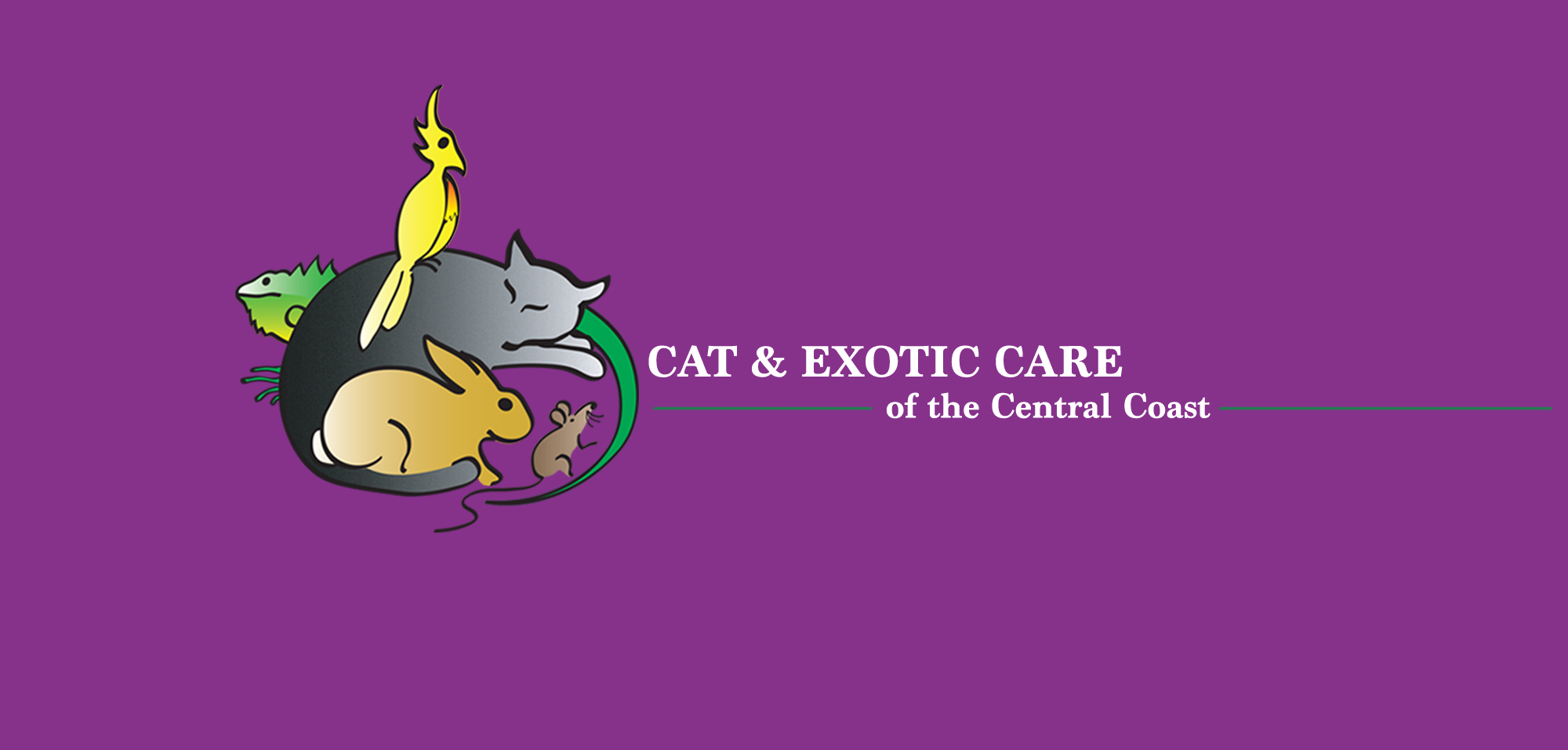QUESTION:
My rabbit is acting aggressive towards her cage-mate and I’ve noticed that her urine is very cloudy and occasionally has an orange to reddish color to it. Is this anything I need to be worried about?
ANSWER:
Stomping, biting, and fighting between two rabbits does sometimes occur. Possible solutions to this problem include pairing her with a different mate (she may just not bond with her current mate), housing her alone, and/or getting her (and her mate) spayed if she is not already. Intact rabbits tend to be more predisposed to fight, urine mark and generally are more aggressive than their spayed counterparts. Not to mention how quickly they can multiply if they are of opposite sex. Additionally, spaying is a huge health benefit to adult females who have a very high rate of reproductive-associated disease after the age of five. The best time to spay is at four months, but it is never too late to gain some of the health and behavior benefits. Ask your vet or local rabbit organization (www.rabbit.org) for additional bonding ideas to help with inter-rabbit relations.
In a rabbit, cloudy urine can be a normal finding. It is caused by dietary calcium that is excreted in the urine. Even orange, pink, or reddish tinged urine may be normal due to certain plant pigments (from food) that are ingested. In addition to these physiological explanations for the color change, there are also several medical reasons for urine discoloration, much like is seen in dogs and cats. Causes include bladder infection, bladder stones or sludge, bladder or kidney tumors, reproductive infections, and uterine/ovarian cancer. It is best to consult with a veterinarian to help determine whether the discoloration is normal or not (an exam and urine analysis are recommended to be safe). If your rabbit has a normal physical exam, urine test, and is eating the correct food items (grass and grass hay, portion-fed timothy-based pellets, and dark green leafy veggies) you likely have nothing to worry about from a health stand-point
For more rabbit general care information please visit www.catandexoticcare.com and search under the references tab for the downloadable rabbit care sheet.
If you have a veterinary question that you would like to propose for an upcoming edition, please send it to email@catandexoticcare.com with “ask the vet” in the subject line.
Max Conn, DVM is the owner of Cat & Exotic Care of the CentralCoast, a full service veterinary hospital dedicated to the special needs of cats, birds, reptiles and small mammals. Cat & Exotic Care is located in PismoCoastPlaza, 565 Five Cities Drive, 805-773-0228. More information can be found at www.catandexoticcare.com.
Disclaimer: The informational handouts and website links above are for informational purposes only, they are not intended to replace veterinary care.
